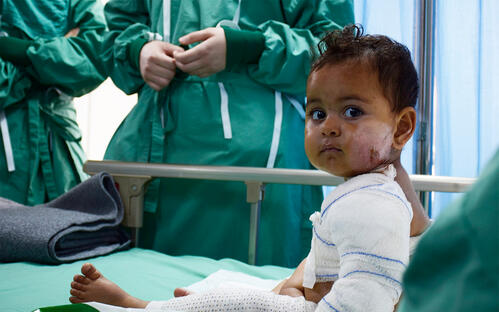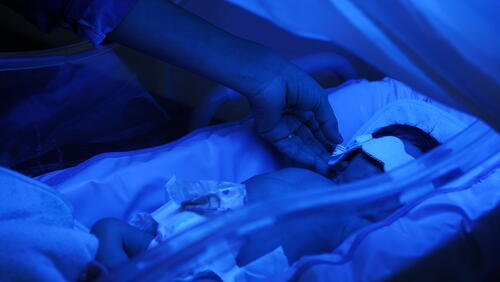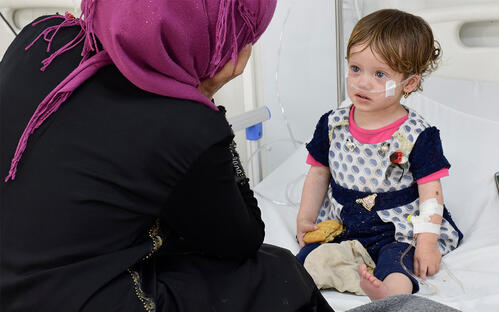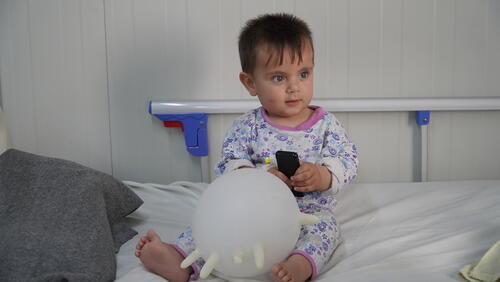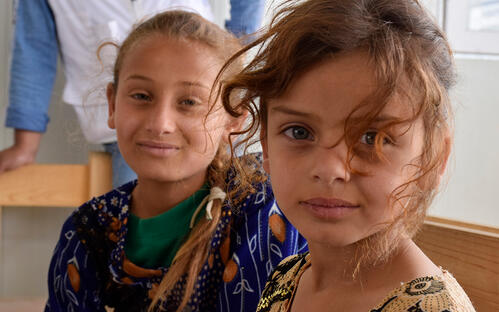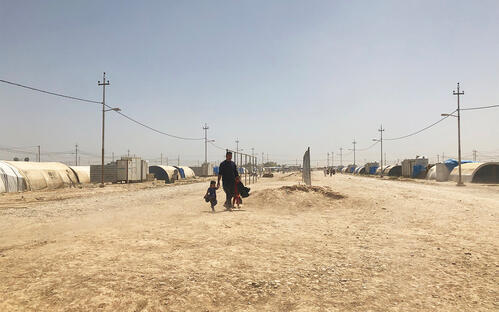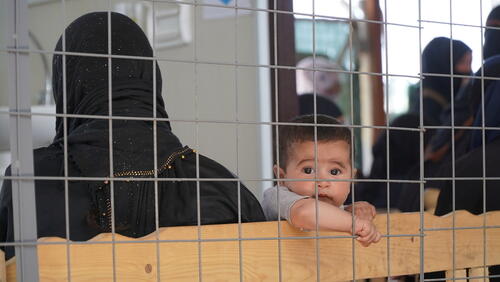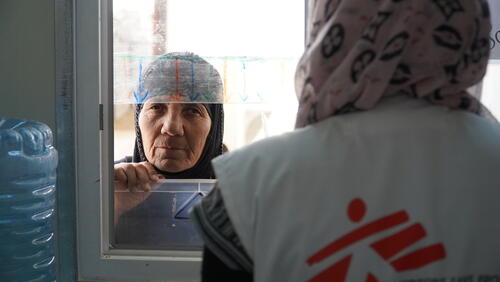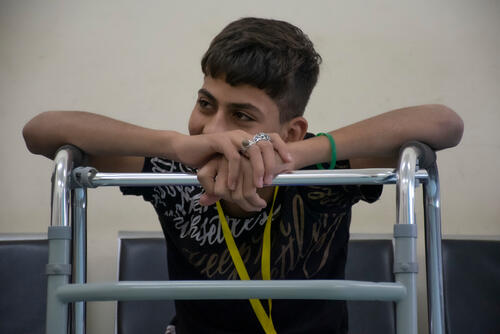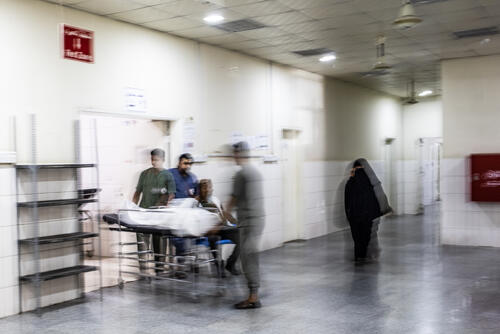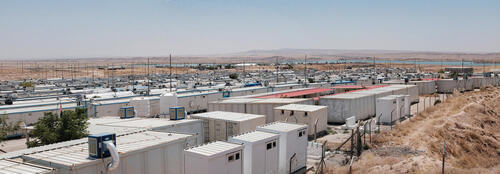The town of Qayyarah, some 70 kilometres south of Mosul in Ninewa governorate, Iraq, lies on the west bank of the Tigris River. Before the Iraqi army retook the area at the end of August 2016 it was under the control of Islamic State group for two and a half years. Close to Qayyarah, six camps now house up to 100,000 internally displaced people (IDPs).
With a large local and IDP population needing medical care, MSF is supporting people with a number of services in the area.
MSF hospital
Qayyarah General hospital was partially destroyed in 2016. When MSF opened a new hospital in December 2016, it was the only functional health facility in a sub-district with a population of 300,000 people.
Since 2016, the hospital has expanded its medical services and now includes an emergency room, an intensive care unit, two operating theatres, a neonatology ward, ambulatory and outpatient therapeutic feeding centres, two inpatient wards, a laboratory, and a mental health programme offering psychological and psychiatric consultations.
Currently, MSF’s hospital in Qayyarah provides more than 330 medical consultations per month. Between January and June 2019, more than 6,200 emergency consultations and 1,260 surgical interventions have been performed, and more than 1,600 psychological consultations have been provided to patients coming both from the urban area and the camps for displaced people.
Burns unit
In April 2018, we also opened a 10-bed burns unit within the hospital that is currently the only specialised medical facility to provide hospital care to burns victims in Ninewa governorate. More than 160 people have been hospitalised and treated in the burns unit since it was opened.
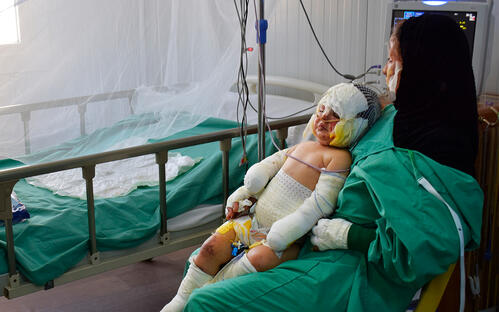
MSF support in IDP camps around Qayyarah
In 2019, more than 1.6 million people are still displaced in Iraq, according to the International Organisation for Migration (April 2019). More than half (53%) of displaced people live in Ninewa Governorate. Up to 100,000<a href="https://data2.unhcr.org/en/situations/iraq_cccm"> UNHCR, CCCM Cluster, Iraq</a> displaced people are in the camps close to Qayyarah town (Jeddah and Airstrips camps), where in July 2017 we began an integrated nutrition and mental health project.
Since then, MSF has scaled up the medical activities provided to the displaced population in the camps. We currently run a primary healthcare centre, including sexual and reproductive health services (antenatal and postnatal care, basic obstetric and new born care, family planning), a 24-hour emergency care service, outpatient consultations for children and adults, consultations for chronic diseases, a vaccination programme, a nutritional unit, mental health services and health promotion activities and campaigns in the camps.
Between January and June 2019, our primary health centre has provided medical assistance to more than 130 people daily. More than 13,800 medical consultations and 4,600 emergency consultations were performed; we have assisted more than 250 deliveries; and more than 500 individual counselling sessions were offered to people living in the camp.



